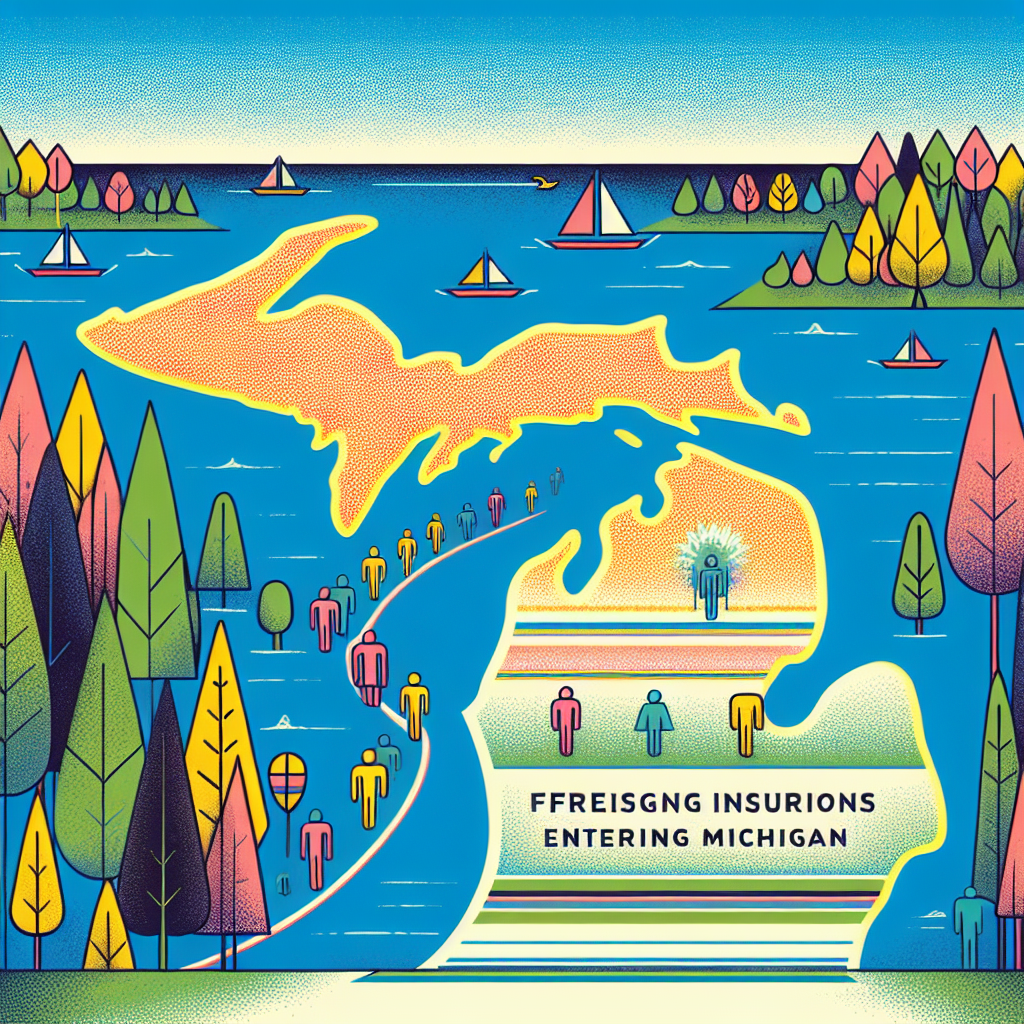Filed under Home Insurance on
Key Questions About Home Insurance Coverage

Understanding home insurance coverage is essential for homeowners who want to protect their most valuable asset. Navigating this complex landscape can be daunting, so having a firm grasp on key questions is critical. This guide aims to answer these questions, offering insights that are not only informative but also optimized for clarity and engagement.
What Is Home Insurance Coverage?
Home insurance, also known as homeowner's insurance, is a type of policy that provides financial protection against losses and damages to an individual's house and assets within it. Most mortgage lenders require borrowers to have insurance coverage for the full or fair value of a property. This means buying homeowner's insurance to cover the property's reconstruction costs if necessary.
Types of Home Insurance Policies
- HO-1: Basic form that covers specific perils.
- HO-2: Broad form that offers protection from additional perils beyond HO-1.
- HO-3: The most common type, covering all perils except those explicitly excluded.
- HO-5: Comprehensive form offering more extensive protection.
- HO-6: Designed for condominium owners.
What Does Home Insurance Cover?
Home insurance typically provides coverage for:
1. Dwelling Protection
This covers repair or rebuilding costs if your home is damaged by fire, wind, hail, or other covered disasters. Understanding the extent of coverage for the dwelling is important for adequate home insurance coverage.
2. Personal Property
Personal property coverage can help protect belongings such as furniture, electronics, and clothing. It's crucial to be aware of the limits and exclusions, especially for high-value items.
3. Liability Protection
If someone is injured on your property, liability protection covers legal fees and potential settlements. Having comprehensive home insurance coverage with liability protection shields against unforeseen legal expenses.
4. Additional Living Expenses (ALE)
If a covered event renders your home uninhabitable, ALE covers temporary housing and living expenses. Ensuring this coverage is part of your home insurance helps maintain your lifestyle during disruptions.
How Are Premiums Determined?
The cost of home insurance depends on several factors:
- Location: Risks related to natural disasters like floods or earthquakes in your area.
- Home's Replacement Cost: Higher replacement costs typically mean higher premiums.
- Security Features: Installing alarms or security systems can reduce premiums.
- Deductible Amount: A higher deductible can lower your premium, but it's vital to balance it with your financial capacity to cover it if needed.
Common Exclusions in Home Insurance Coverage
While home insurance covers a broad range of potential risks, it's important to understand common exclusions.
Natural Disasters
Standard policies often exclude coverage for earthquakes and floods. Homeowners may need to purchase separate policies specifically for these perils.
Maintenance Issues
Damage resulting from neglect or failure to maintain the property is typically not covered. This includes issues like mold, termite infestations, and wear and tear.
High-Value Items
Items such as jewelry, art, or collectibles may have limited coverage. Consider additional endorsements to bolster your home insurance coverage for these valuable items.
How to Choose the Right Home Insurance Provider
Selecting the right provider involves comparing policies, coverage, customer service, and financial stability.
Research and Comparison
Start by comparing different providers and reading reviews. Look for companies with strong financial ratings and positive customer feedback.
Customer Service and Claims Processing
A company's claims process reputation is crucial. Read reviews about the speed and fairness of claims processing. Quality customer service can make a significant difference in your experience.
Assessing Financial Strength
Choose a provider with a high financial strength rating from recognized agencies. This ensures they can pay claims, particularly in the event of widespread disasters.
Expert Opinions and Industry Trends
Consulting industry experts and staying updated on insurance trends can enhance your understanding and guide your decisions.
The Rise of Smart Home Discounts
More insurers offer discounts for homes equipped with smart technology like smoke detectors and security systems. These can reduce risks and, subsequently, premiums.
Climate Change Impact
With rising natural disasters linked to climate change, insurers are adapting by incorporating these risks into pricing models. Coverage for flood and wildfire risks is becoming increasingly necessary.
Steps to File a Home Insurance Claim
If you experience a loss, understanding the claims process is vital for a smooth experience.
- Document the Damage: Take photos and make a detailed inventory of damaged items.
- Contact Your Insurer: Notify your insurance provider as soon as possible to start the claim process.
- Complete Claim Forms: Fill out any required documentation promptly and accurately.
- Work with an Adjuster: Cooperate with the insurance adjuster to assess the damage and finalize the claim.
Frequently Asked Questions
Here are some common questions homeowners have about home insurance coverage:
How Often Should I Review My Policy?
It's recommended to review your home insurance coverage annually or after significant life changes, such as renovations or acquiring high-value items.
Can I Switch Providers at Any Time?
Yes, but consider waiting until the end of your current policy term to avoid cancellation fees. Check with your provider about their specific terms.
Is It Necessary to Have Additional Coverage?
Additional coverage may be necessary for high-risk areas or valuable possessions. An insurance agent can help tailor your policy to your needs.
In conclusion, understanding and optimizing your home insurance coverage is essential for safeguarding your home and assets. By asking the right questions and staying informed, you can ensure peace of mind and financial protection in the face of unforeseen events.




